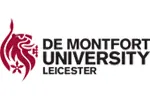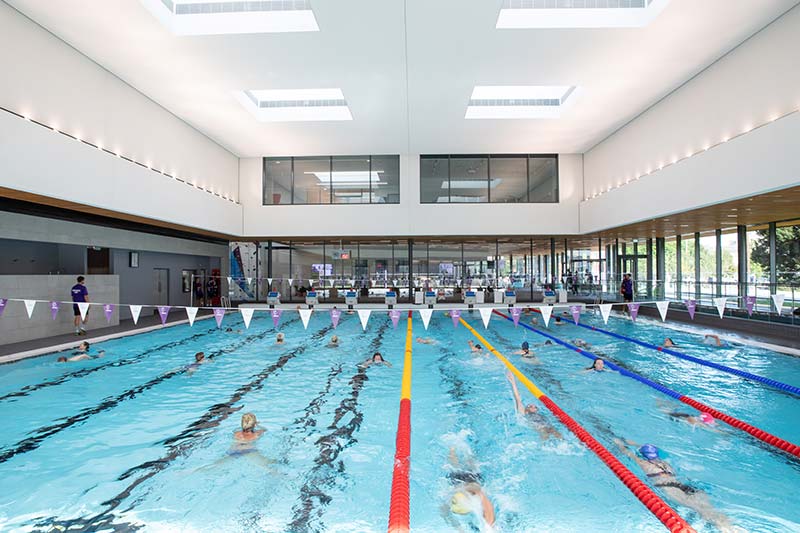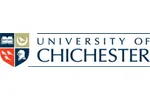Overview
Biomedical scientists help identify rare diseases, diagnose disease, research disease processes and monitor patients’ treatment. On this accredited BSc (Hons) Biomedical Science degree, you’ll develop the expertise you need to start making your own contribution to the medical advances of the future.
This course is accredited by the Institute of Biomedical Science (IBMS) – a mandatory requirement if you want to work in the NHS after graduation. It's also accredited by the Royal Society of Biology.
Course Highlights
- Put your knowledge to the test in our labs and simulation facilities, which are kitted out with industry-leading microscopes, spectroscopy and chromatography equipment
- Get involved with internationally recognised biomedical research into fields like neuro-oncology (the study of brain and spinal cord cancers) at our Institute of Life Sciences and Healthcare
- Take an optional work placement year at an Institute of Biomedical Science (IBMS) approved clinical training laboratory, and you'll be eligible to apply for registration as a Biomedical Scientist with the Health and Care Professions Council (HCPC) when you graduate
- Have a chance to take an international placement within a recognised biomedical research organisation as part of the Turing Scheme
Careers and opportunities
Whether it's processing tests for diseases such as coronavirus or providing diagnosis services to GPs, accident and emergency departments and other health services, registered Biomedical Scientists play a key role in public health.
They analyse fluid and tissue samples from patients in order to identify diseases or evaluate the effectiveness of different treatments. In fact, more than 70% of NHS diagnoses are based on lab findings by biomedical scientists, so it's a profession that's always in high demand.
On this BSc (Hons) Biomedical Science degree, you’ll learn to diagnose, monitor and manage health conditions. You’ll learn from our outstanding team of biomedical scientists and researchers whose work is shaping the understanding of conditions, such as brain tumours.
HCPC registration
After you've graduated and completed 12 months of work-based learning within an Institute of Biomedical Science (IBMS) approved clinical training laboratory, you'll be eligible to apply for registration with the Health and Care Professions Council (HCPC) and work as a Biomedical Scientist in the NHS and private settings.
Royal Society of Biology membership
You can also apply for Associate Membership of the Royal Society of Biology, which gives you access to professional networks and exclusive grants and awards.
You can use your biomedical science knowledge in related fields such as:
- scientific research
- teaching (with further training)
- scientific writing
- medical sales
- medicine and dentistry (with further training at medical or dental school)
- becoming a Physician Associate (with further training)
- postgraduate study or research
Roles recent graduates have gone on to do include:
- biomedical scientist
- clinical trial coordinator
- medical lab assistant
- science teacher
- dental nurse
- medical affairs executive
They've gone on to work for companies such as:
- Pall Europe
- Pfizer
- Roche
- Viapath
- Imperial College London
- Bristol Royal Infirmary

















